The First National Postgraduate Forum on Medical Humanities Held in Beijing
Responding to the guidance of the Action Plan for the Enhancement of Medical Humanities Care (2024-2027) on the construction of medical humanities, and to promote the high-quality development of postgraduate cultivation in medical humanities, the first National Postgraduate Forum on Medical Humanities was held on 1 November 2024, supported by Peking University's “Graduate Education Innovation Program” and the Graduate School of Health Science Center. The forum was hosted by School of Health Humanities of Peking University and had 51 co-organizers national wide. More than 200 experts, scholars and postgraduates from all over the country attended the forum.
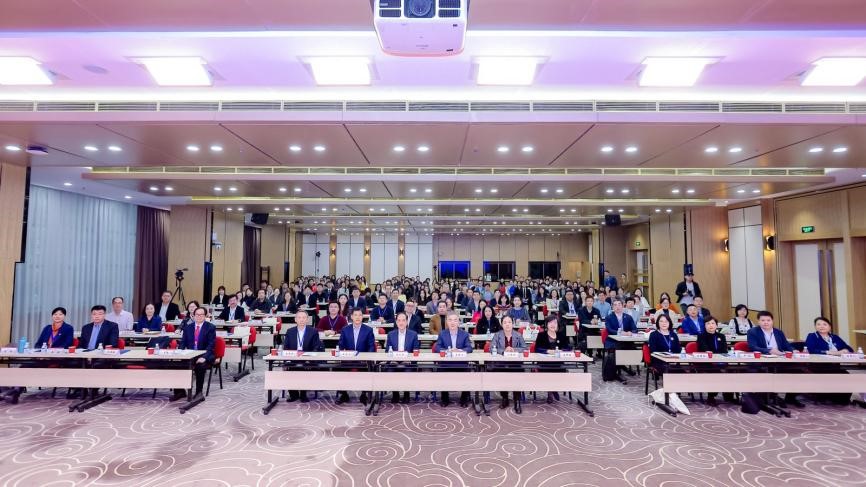
Han Qide, Academician of the Chinese Academy of Sciences and Honorary President of the China Association for Science and Technology, Tang Jiwei, First Class Inspector of Department of Degree Management & Postgraduate Education (Office of the State Council Academic Degrees Committee) of Ministry of Education, Li Dachuan, Deputy Director General of Department of Medical Affairs of National Health Commission, Leng Tingting, Director of Department of Medical Emergency Response of National Health Commission, Shi Shengfeng, Vice President of Chinese Medical Doctor Association, Wang De, President of China Medical Humanities, and Zhu Shumei, Deputy Secretary of the Party Committee of PKUHSC, attended the main forum and delivered speeches. The main forum was moderated by Guo Liping, Dean of the Peking University (PKU) School of Health Humanities .
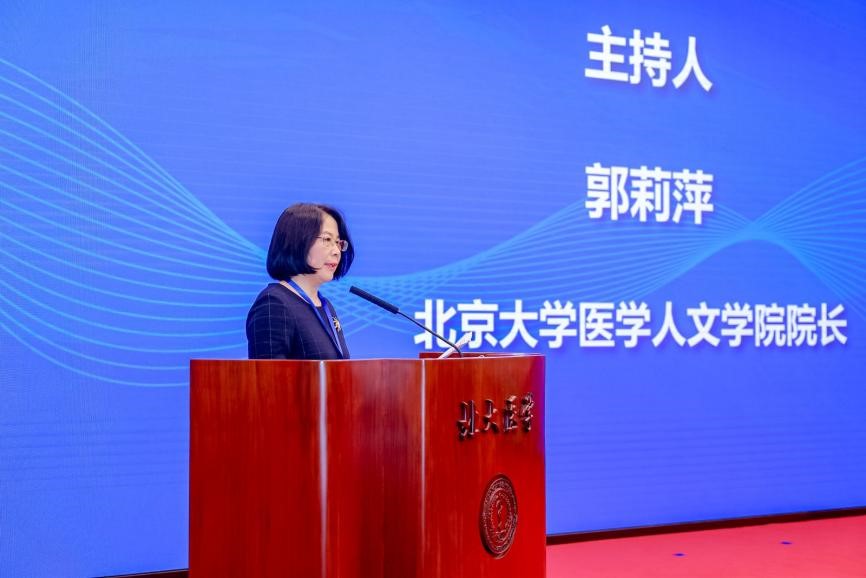
Zhu Shumei gave full affirmation to the convening of the Forum and the establishment of the Alliance. She pointed out that medical humanities education requires the continuous support of the talent team in the field of medical humanities. The establishment of the Alliance can aggregate the national medical humanities education strength, collaborate to promote the construction of China's medical talent team, curriculum and teaching materials construction, base platform construction and other constructions of the discipline, escort the cultivation of medical humanities talents, and help implement the strategy of Healthy China.
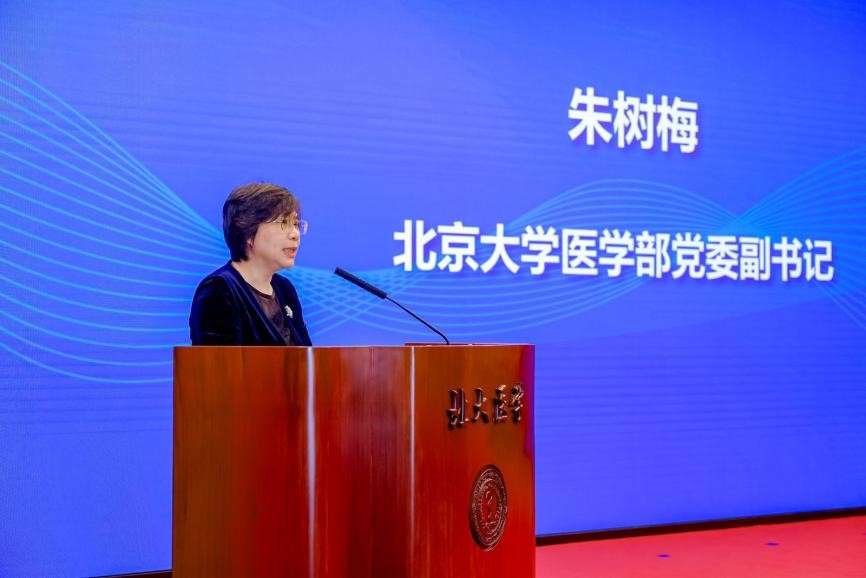
Tang Jiwei reviewed the development history of medical humanities education and discipline in China. He believed that Peking University has played an important leading and exemplary role in China's medical postgraduate education. Medical humanities education has been integrated into all aspects of medical professionals’ training and medical practice. He called on leaders of relevant medical schools to pay more attention to and support the construction of medical humanities.
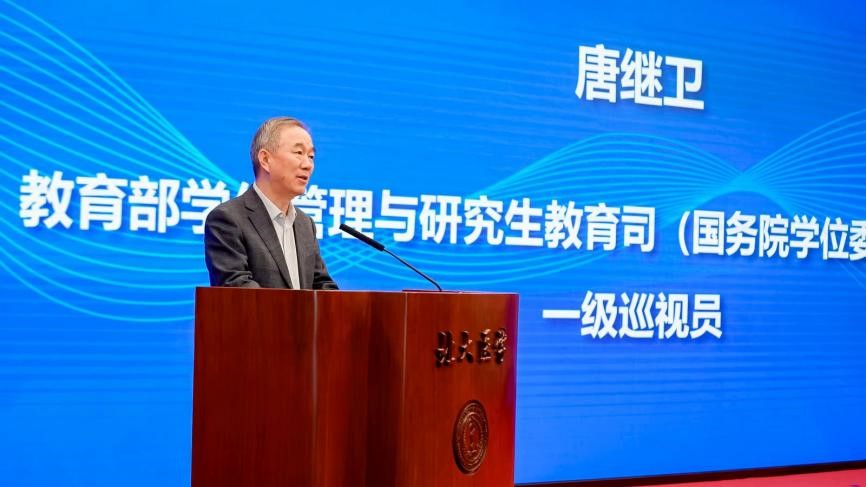
Li Dachuan mentioned that he theme of this year's Chinese Doctors' Day “Honouring Humanism and Demonstrating the benevolence”, marks the growing importance of humanism. National Health Commission attaches great importance to the humanistic construction of medical institutions, continuously optimizing the medical service process, innovating the medical service model and establishing a satisfaction monitoring mechanism, so as to continuously improve people's satisfaction with medical treatment. Li Dachuan pointed out that to further promote medical humanities practice, it is necessary to strengthen the guiding role of medical humanities in medical education, deepen the combination of medical humanities and clinical practice, and promote medical humanities research and the translation of its findings.
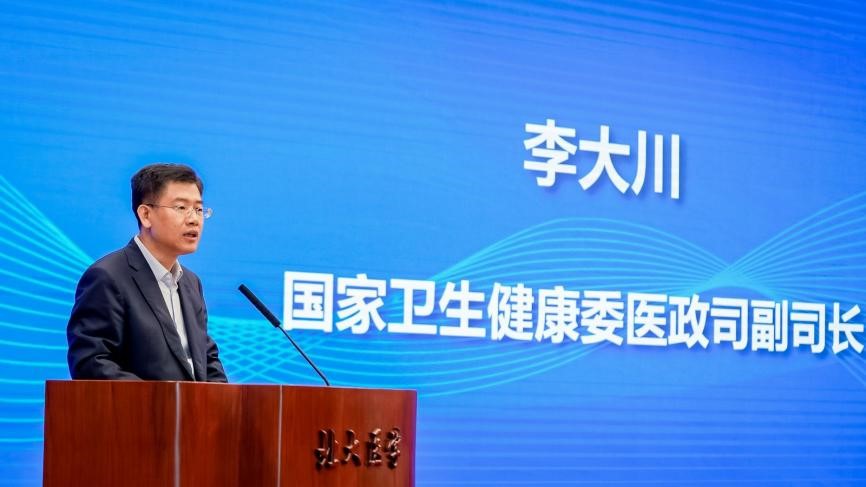
Leng Tingting pointed out that promoting medical humanism is the requirement for the practice of the people-centred idea. The core principle of Action Plan for the Enhancement of Medical Humanities Care is to respect each other, protect privacy, strictly abide by the rules and regulations, and strengthen communication. Its purpose is to enhance the knowledge of medical humanism, improve the identification of medical humanism, and implement the practice of medical humanism, so that medical students can combine theory and practice, and consolidate the foundation of humanistic qualities.
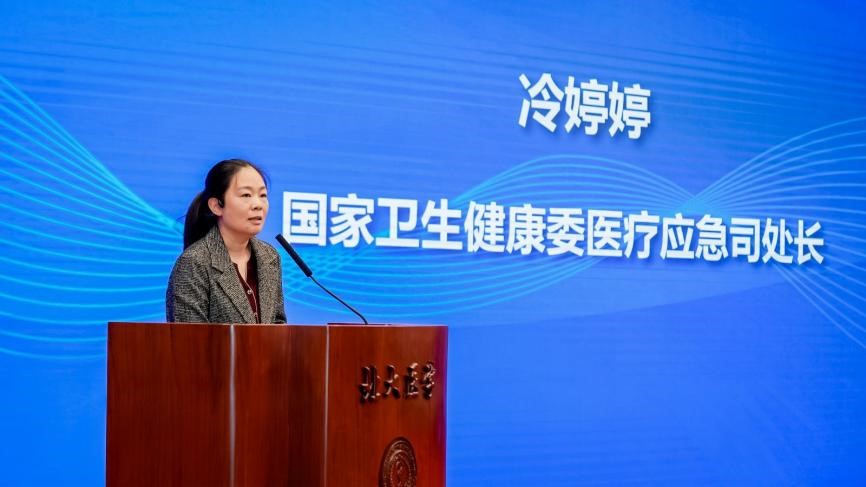
Han Qide reiterated the importance of medical humanities and put forward great expectations for the construction of the first-level discipline of medical humanities. He stated that humanities is based on the essence of medical response to the pain of disease and should be integrated in the whole medical field. The rapid development of modern medical technology has led to the trend of technological supremacy, which would make medicine and humanities drift apart. In order to avoid the contradiction between the more advanced medical technology and the more dissatisfied public, medical humanities is expected to respond to expectations of medicine and understanding of life, and to explore the ultimate purpose of medicine. Han Qide affirmed the progress and achievements made in student training, academic research and social propaganda of medical humanities in recent years. He considered that the system of medical humanities has become increasingly mature, and strongly called for accelerating the construction of the first-level discipline of medical humanities.
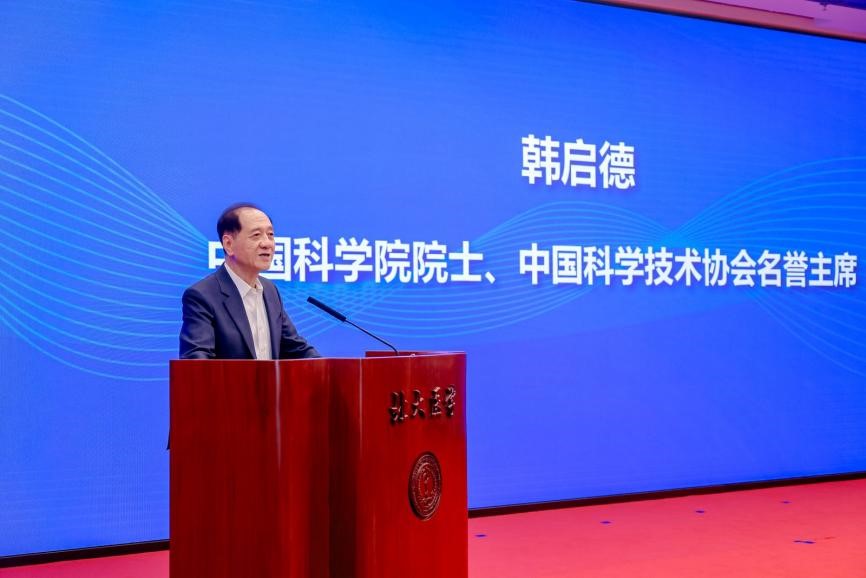
The National Alliance of Postgraduate Cultivation of Medical Humanities in Institutions of Higher Education is co-sponsored by School of Health Humanities of Peking University, School of Marxism of Nanjing Medical University, School of Humanities and Social Sciences of Harbin Medical University, School of Humanities and Social Sciences of Peking Union Medical College, and the Joint Research Institute of Medical Humanities of Sun Yat-sen University. In the presence of the participants, the Alliance was formally unveiled and declared. Cheng Yu, Vice Dean of the Joint Institute for Medical Humanities of Sun Yat-sen University, moderated the inauguration ceremony. Han Qide, Tang Jiwei, Li Dachuan, Leng Tingting, Shi Shengfeng, Wang De and Zhu Shumei presented certificates to the 52 member units of the Alliance and issued letters of appointment to the representatives of each unit. In addition, Shi Shengfeng, vice president of Chinese Medical Doctor Association, and Guo Liping, dean of School of Health Humanities of Peking University, signed the cooperation agreement of Chinese Medical Humanities.
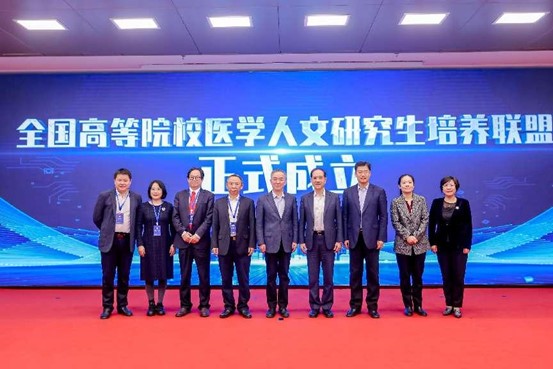
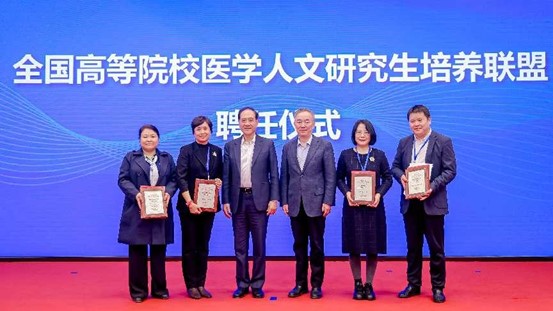
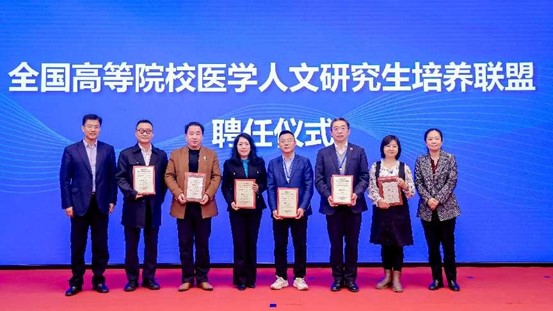
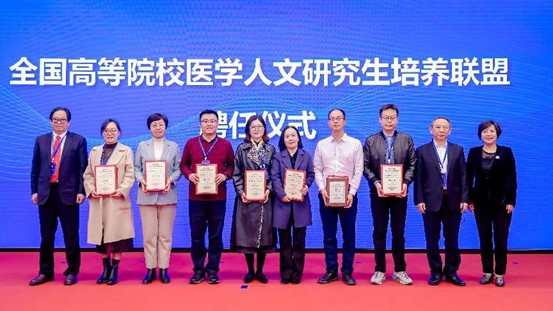
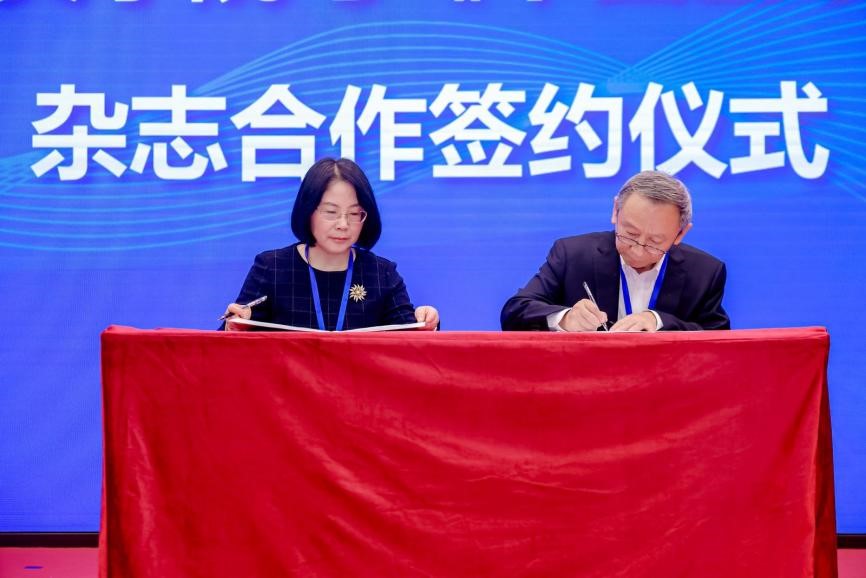
The Forum has seven sub-forums, including: Health Politics and Marxist Theory, History and Philosophy of Medicine, Medical Ethics, Medical Law, Medical Sociology, Medical Psychology, Narrative Medicine and Physician-Patient Communication. 107 postgraduate students were selected to present their papers. Nearly forty eminent scholars in the field of medical humanities gave insightful comments and inspiring suggestions, helping young scholars to explore new topics, further improving their research and realizing in-depth academic exchanges.
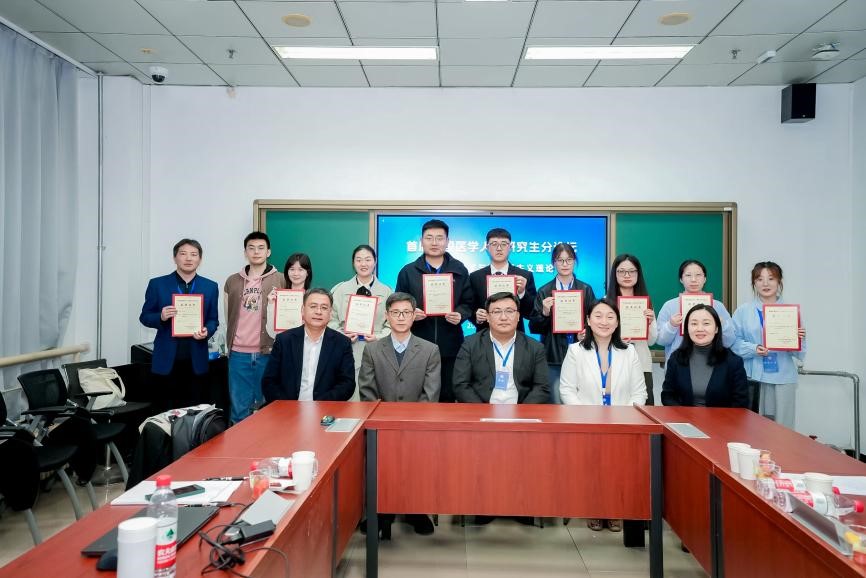
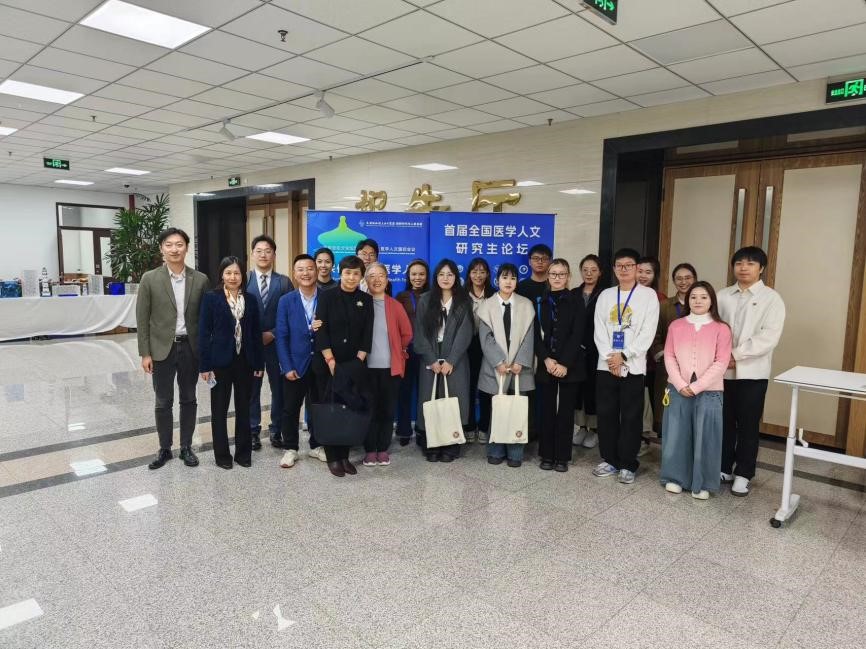
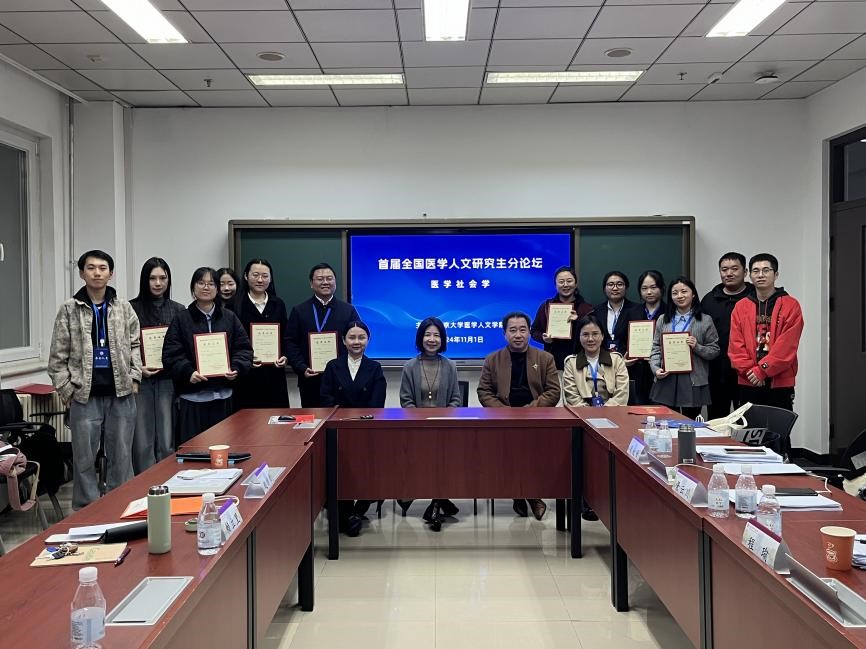
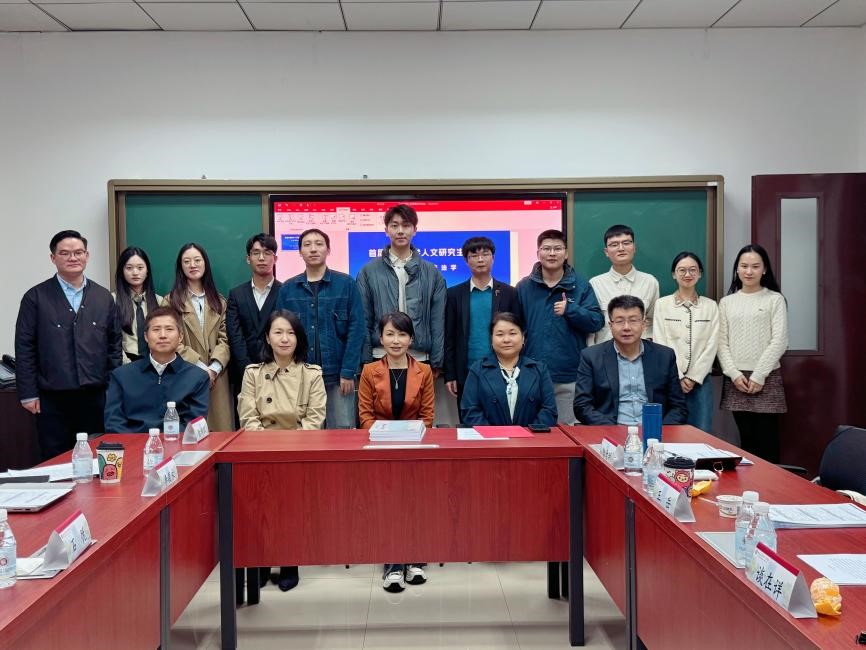
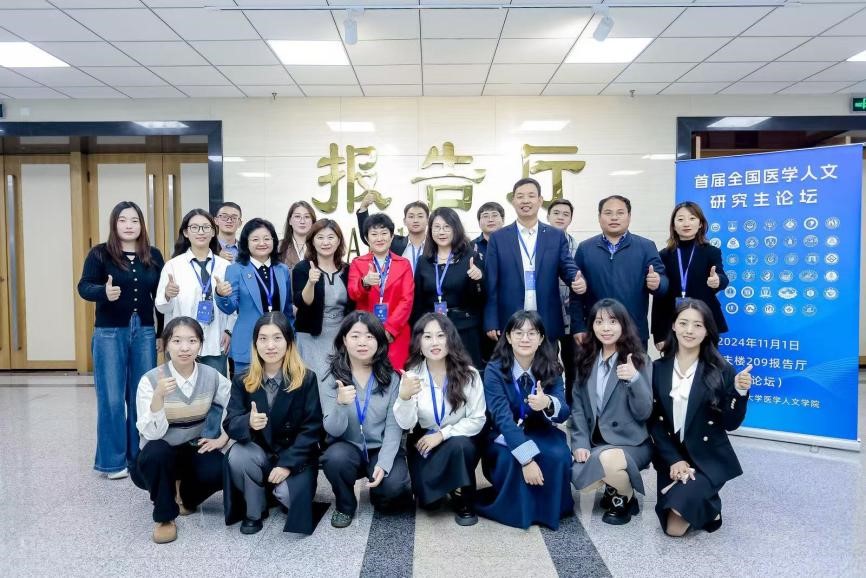
During the meeting, the first council member meeting of the National Alliance of Postgraduate Cultivation of Medical Humanities in Institutions of Higher Education was held, which was moderated by Yin Mei, dean of School of Humanities and Social Sciences of Harbin Medical University and Wang Yue, vice dean of School of Health Humanities of Peking University. Chen Qi, Vice Dean of School of Health Humanities, introduced the experience of declaring the construction of the first-level discipline of medical humanities. She shared the main points of the report, and suggested establishing a pilot project of first-level disciplines as soon as possible. Guo Jianguang from the Department of Health Informatics and Management, Health Humanities of Peking University, put forward the basic idea and specific form for the construction of the medical humanities question bank and teaching platform in the national licensing examination for medical practitioners. Guo Liping put forward the idea of reforming the group and column form of Chinese Medical Humanities, suggesting that the column of medical practitioners’ essays should be retained. Wang Yue proposed to establish a sharing mechanism for medical humanities faculty recruitment information. Yin Mei advocated the establishment of a list of high-quality courses to give full play to the efficacy of the alliance's educational curriculum resources, and proposed to carry out a series of activities such as lectures on medical humanities, summer camps and winter camps for postgraduates. The council members also provided constructive opinions and suggestions on the specific work plans proposed in the meeting.
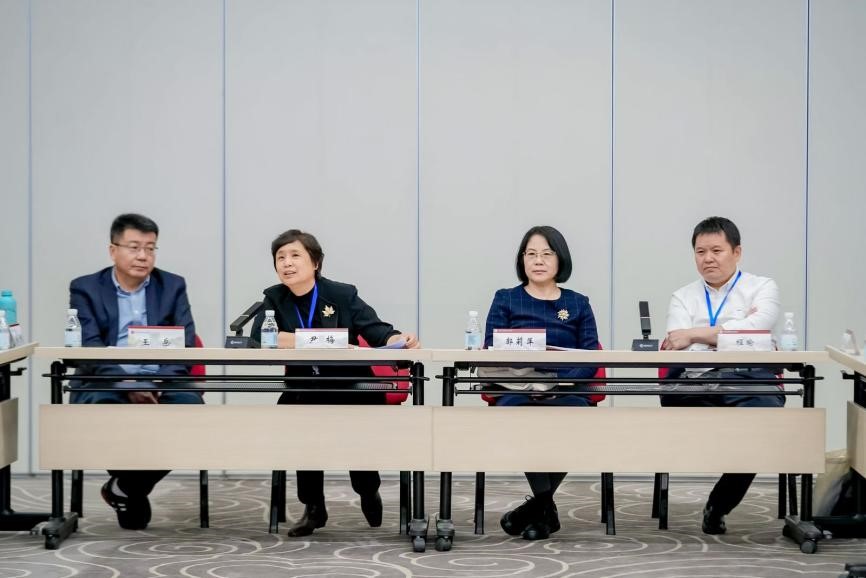
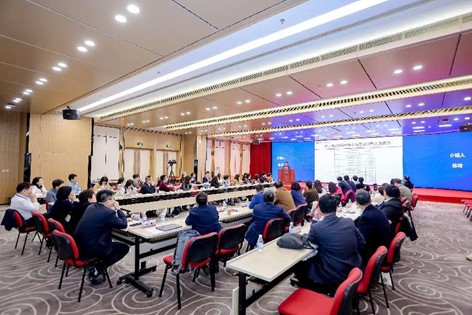
The forum set up an academic communication platform for researchers and practitioners in the field of medical humanities. The Alliance will dedicate itself to building an advanced medical community with Chinese characteristics that promotes medical development and safeguards the people's health, making greater contributions to the cultivation of medical talents with profound humanistic qualities and to the improvement of the quality of medical services.
Written by: REN Siteng, SUN Junyao
Reviewed by: HAN Wei, REN Zheng


